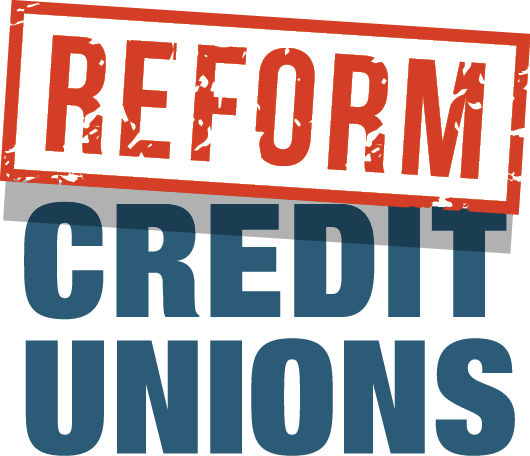This week, the U.S. House of Representatives Committee on Financial Services and the Senate Committee on Banking, Housing, and Urban Affairs will hold oversight hearings with prudential regulators. In addition to other financial services regulators, National Credit Union Administration Chairman Todd Harper will testify.
While members of Congress often devote much of their allotted time to questioning representatives from the Federal Reserve, Federal Deposit Insurance Corporation, and Office of the Comptroller of the Currency, congressional oversight of the NCUA is equally important.
Over the last several years, the credit union industry has experienced rapid growth in assets and membership, and credit unions have become increasingly complex.
Indeed, rules put forth by the NCUA have helped facilitate so-called “modernization” within the credit union system – which in reality has meant virtually unchecked growth. While credit unions were established and given a special tax exemption to serve people of modest means in well-defined communities, they’ve strayed far from that original purpose.
Given this expansion beyond the intent of the Federal Credit Union Act and the rapid growth of the industry, Congress should use this opportunity to shine a light on NCUA’s priorities and learn more about their supervisory framework.
Here are some suggestions for questions that committee members might want to pose to credit unions’ top regulator:
Historically, credit unions exist to provide basic consumer financial services to low- and moderate-income individuals and communities tied together by a common bond. This mission – along with credit unions’ structure as not-for-profit cooperatives – has long been used to justify the industry’s exemption from community reinvestment reporting requirements.
NCUA’s proposed rule on chartering and field of membership would further relax credit union membership standards.
And this rule is not an outlier. The NCUA has promulgated five prior rules easing membership criteria since 2015.
- If membership restrictions are eradicated to the point that anyone can join a credit union, and the only difference between credit unions and community banks is their tax status, should credit unions adhere to community reinvestment reporting requirements like other financial institutions?
Why are credit unions seeking financing from the capital markets?
Last month, NCUA Board Member Rodney Hood hosted a capital markets symposium at the New York Stock Exchange. Among other topics, credit union leaders discussed “using subordinated debt and secondary capital strategically.”
The NCUA finalized a rule in 2022 enabling low-income credit unions – as well as those with more than $500 million – to borrow money from hedge funds and private investors and count it toward their regulatory capital requirements. Several credit unions that have utilized these tools have also pursued expansion by acquiring other credit unions, and in some instances, banks.
- Does this align with the credit union movement’s not-for-profit, member-owned structure?
- Does that growth – and concentration – present safety and soundness issues?
How might interest rate risk impact credit unions and their members?
Last September, the NCUA updated its Interest Rate Risk Supervisory Framework in response to the rapid rise in interest rates and the credit union industry’s 25% growth in assets over a two-year period.
Of note, the NCUA eliminated the extreme risk classification, modified the high-risk classification, and granted examiners more leeway in assigning ratings.
The NCUA has acknowledged that “IRR is a major area of risk and under certain market conditions, may expose credit unions to other related issues, such as liquidity risk, asset quality deterioration, unexpected losses to earning, capital erosion, and strategic risk.”
- In this challenging climate, how will these changes impact the NCUA’s ability to identify and address potential safety and soundness issues?
Bottom Line
While policymakers have many priorities to cover during these hearings, American taxpayers deserve greater oversight of the credit union industry.
Mr. Harper’s appearances before Congress provide an excellent opportunity for members of Congress to exercise that responsibility.
